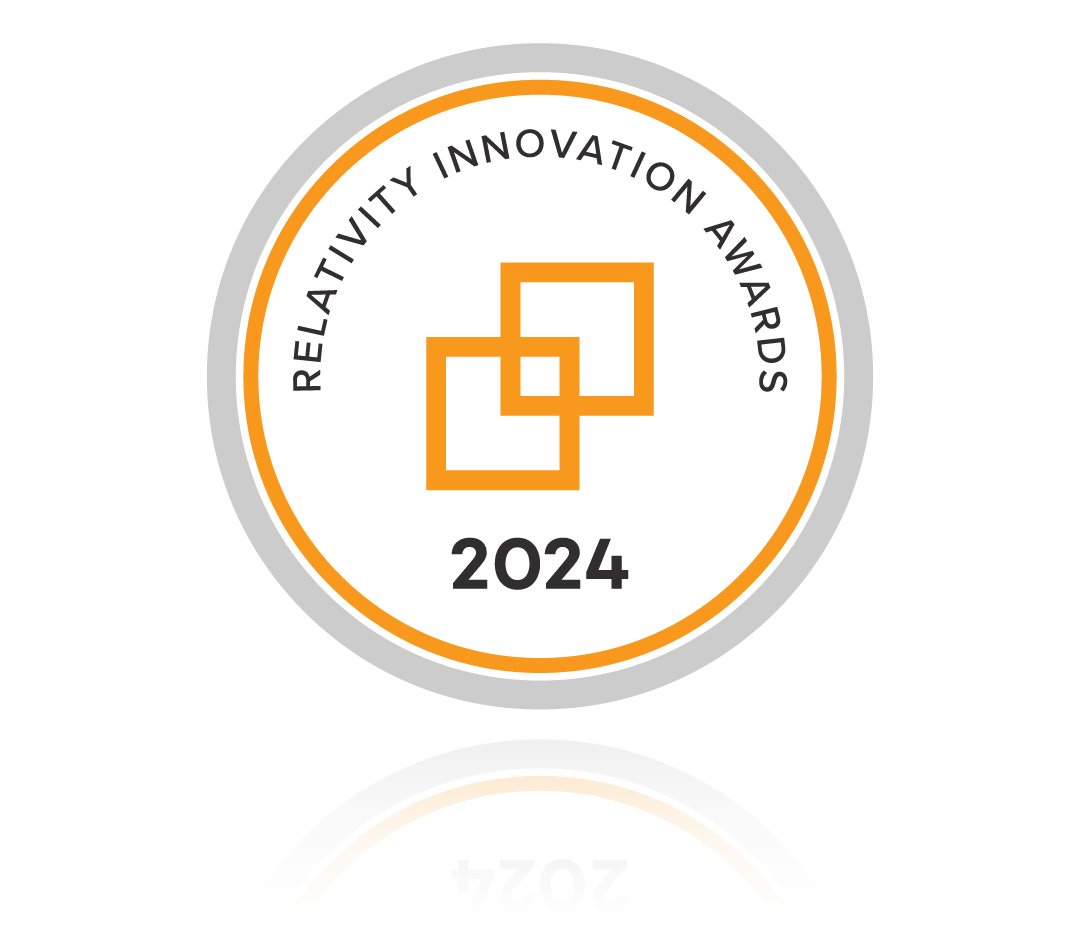“Mentors are so important! Find one as soon as you can; you won’t be sorry.”
I think a lot of us have heard this advice, and while it’s a good nugget of wisdom, it also exemplifies the phrase easier said than done.
A good mentor can be invaluable to an ambitious career, but building that relationship is far from simple. And for those already far along in their career, turning around to help the next person up that ladder by being a mentor is no cake walk, either.
In this episode of our Stellar Women podcast, Blair Cohen interviews Lauren Roso: principal at Control Risks and a 2023 Innovation Award winner. The pair discuss mentorship from many angles, including how to find one; how to be one; and why they’re so helpful. Listen and read below to hear what they had to share.

Lauren Roso
Principal
Control Risks
Blair Cohen: Lauren, you are our 2022 Innovation Award winner for Education and Mentorship, right?
Lauren Roso: Yes. When I heard that I had been nominated and made the finalists round, it was a really big point in my career. I think it was something that felt—I don’t know for sure if the right word is validating, but validating! Of the steps that I felt like I had been trying to take in mentoring others, because it's been such a huge impact to me. And it was just one of those indescribable things to be nominated by your peers and not just an organization or, you know, some other kind of construct, but to have it come from others you work with.
Can you tell me when mentorship came into your life and how it developed its importance for you over time?
I think there are two phases for me in mentorship—with a bit of a sizable gap in the middle, which is where I really started to focus on trying to start to help others in the next generation. When I was in law school, I interned in Washington, D.C. And I had two very strong women mentors who always encouraged me to try things. One of them gave me a chance just because we had gone to the same law school; she knew nothing about me, but she was like, “yeah, let's try this.” I ended up interning for them for three years. That was incredibly important in giving me the confidence and the support and also just seeing what was possible. Then, when I actually started to enter, post law school, the contract attorney realm and transitioned into project management, there was a period where it started to feel like, instead of a supportive environment, I was starting to hit more, especially with women. Like we were competing with each other as opposed to lifting each other up. And that was a very different feeling from what I had before.
I want our listeners to walk away with some practical tips from you that they can apply tomorrow. What would you say to someone who's looking for a mentor? What are those first steps?
It's a really hard question, because getting a good mentor is hard. I don't want to sugarcoat it, like it can be easy. When I first started my career and people told me, “Oh, grab a mentor! Just go up to someone!” And then you're sitting in a panel and like 40 people go up to this person.
While I highly encourage people to go to as many things as possible, it's going to take some work in connecting with people. There is a personality match that comes first; it's really hard to manufacture. And to be honest, the mentor has to want to take the time. Looking back at the person who's still one of my biggest mentors to this day, they made the time to sit with me every single week. When we were working together, they made the time—they treated my career like it was as important as their own. I credit them, definitely, in part to where I am today.
So, going back to the advice, again: it's not going to be easy. It takes effort and a diversity of effort in finding a mentor. That includes going to different types of events and talking to different types of people and being pretty open that you're looking for relationships and guidance and just someone to talk to. You can call it mentorship or you can just call it friendship or support. But the more comfortable and the more open you can be—I find that transparency is much more powerful. And empathy goes a really long way.
It's hard to look outside of yourself when you're so embedded in something. I view my mentors and my strong relationships in this industry as a moment to touch grass and touch reality. I thank you so much for providing that for me and for this industry. You are a mentor to so many, but I also love how you are being intentional with your with your mentorship time so that you can have the most impact.
Yes, because it's a balance of keeping yourself at 100 percent—because mentoring can be exhausting. You’re dealing with everything that your own work is taking out of you, and then you're giving your time and your thought and your guidance to someone else. It can be draining on multiple levels. You have to keep an eye on that while also, you know, knowing how to be there for those people. The start of your career is hard enough. And as your career continues, it still gets hard. Anything that you can do to ease that on yourself? From both sides of the coin, as a mentee and a mentor, that is just so valuable.












